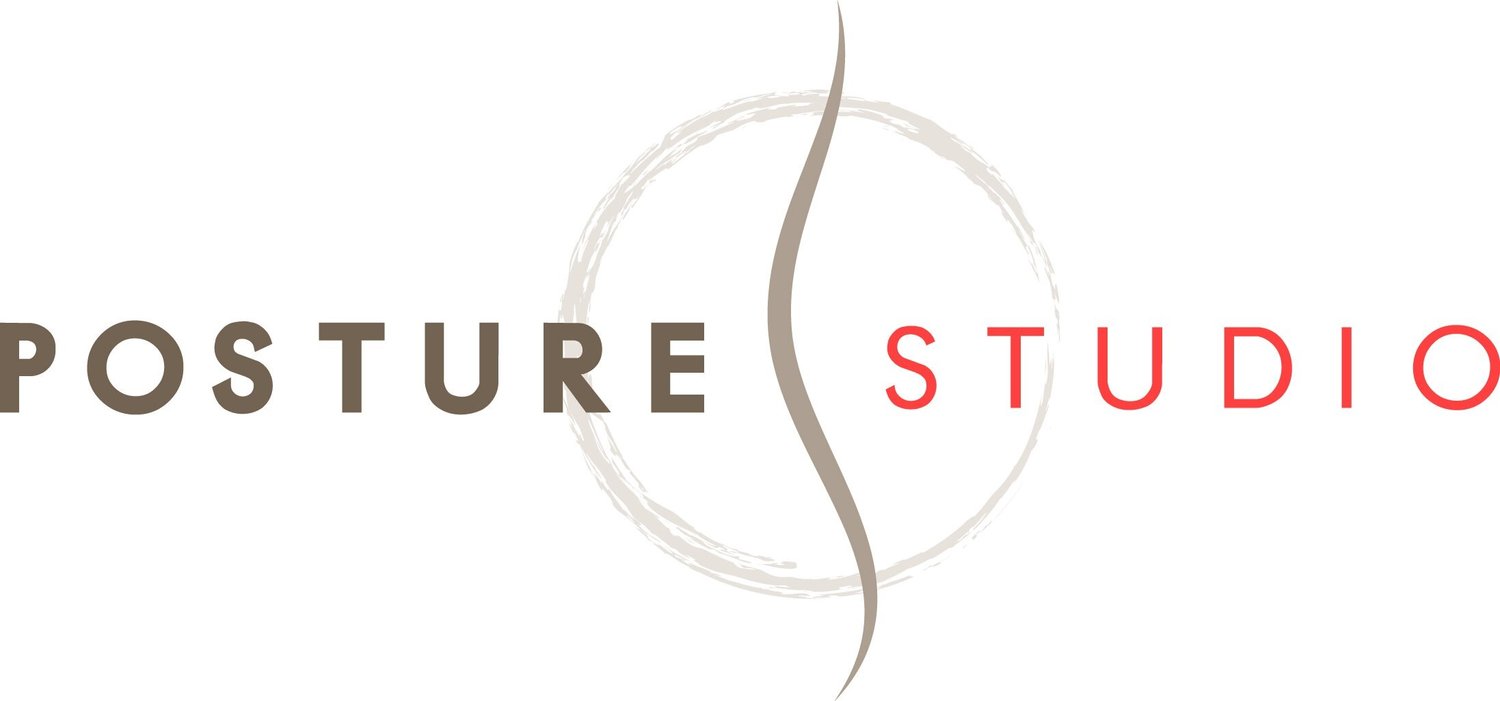Why Cash Based Physical Therapy?
What does cash-based physical therapy mean?
Cash-based physical therapy means that we are out of network with all insurance companies and do not directly bill through insurance (though you may be eligible for reimbursement directly from your insurance company). Our patients pay us directly each visit for their 1-on-1, personalized physical therapy session. This allows us to focus all of our attention on the patient and perform treatments to focus on patient goals without being dictated by insurance rules and regulations.
Why cash based physical therapy?
We decided to offer a cash-based model for physical therapy as we see many benefits to this model.
Insurance companies in the United States have a say in how clinicians treat patients. They are also cutting reimbursements to physical therapy clinics, so many physical therapy clinics rotate patients, using assistants or techs to complete physical therapy treatments. This means that the patient spends less time with the physical therapist.
With a cash based practice, we are able to work outside of the insurance driven model and this allows the physical therapist to work with patients with more attention and care.
Benefits include:
Autonomy: Physical therapists can work closely with clients to develop and follow through on a plan of care in order to best meet the needs of the patient.
More time with the physical therapist;: Spending time with the physical therapist improves individualized care and outcomes and allows us to provide the highest quality of care for our patients. You will be seen and heard. Your physical therapist will have time to offer hands-on modalities that are beneficial for healing and to teach you how to do any exercises with attention to form and function.
Individualized sessions are the rule, not the exception. Our patients are seen one-on-one by the same Doctor of Physical Therapy, which allows you to receive high-level skilled care that is evidence-based, functional, and tailored to you and your goals.
No Restrictions: Insurance plans have limitations on the number of sessions offered and the types of treatments allowed. They also have many requirements for authorization. Lastly, insurance is focused on reimbursing for what is on the actual script or plan of care. This means it is harder for the physical therapist to treat the whole person as they are forced to focus on the immediate points of pain.
Direct Access to Care: By eliminating insurance, we are able to create a direct line of communication between the physical therapist and the patient about options for care.
Quality of Care: While in-network providers offer quality care, the cash based model allows the physical therapist to spend more time with patients and less time working with insurance companies to cover care.
About Superbills and Reimbursements
If you have private insurance, please contact your insurance company to ask about your out-of-network benefits and learn of any requirements you need before starting physical therapy. Upon your request, we can give you a Superbill that you can submit to your private insurance company. We cannot guarantee reimbursement from your insurance.
Please note that Medicare does not allow for reimbursement of physical therapy services.
Can I use my Health Savings Account (HSA) or Flex Spending Account (FSA)
Although we do not guarantee any reimbursement from your insurance, you can certainly use your out of network insurance benefits. You can also use your health savings account (HSA) or flex spending account (FSA). While we do collect our fees directly from our clients, we provide an itemized superbill (if requested) to submit to your insurance company. By submitting your receipt, you may be able to recover a percentage of the cost you pay upfront from your insurance company, depending on your “out of network” coverage of your insurance plan.
What other forms of payment do you accept?
While cash is certainly an acceptable form of payment, patients are also able to pay with checks, major credit and debit cards, as well as FSA and HSA accounts.

